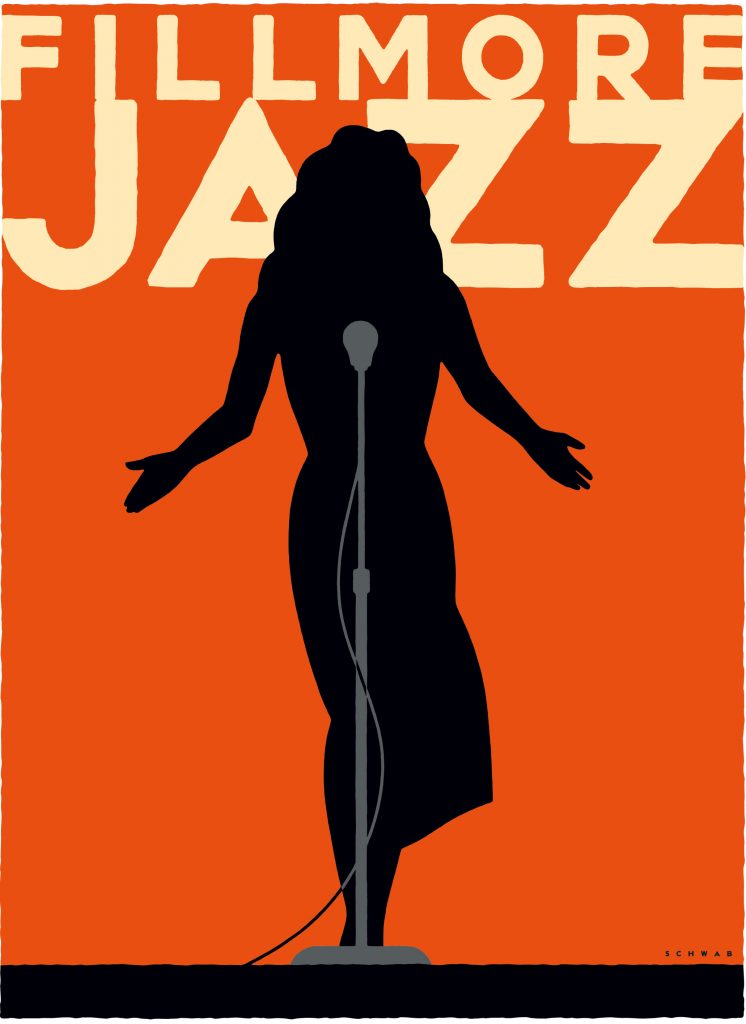BOOKS | Thomas McNamee
While writing my new biography of Craig Claiborne — The Man Who Changed the Way We Eat — I traveled far, in my mind, from our quiet Victorian home near Fillmore Street and from the fresh, simple food that for me is the best of San Francisco. Whether cooking the wondrous provender that my wife and I find every week at the Ferry Plaza Farmers Market or dining at Florio or SPQR — our local favorites — I always try to remember how richly blessed we are by our time and our place.
My work took me to places and times long lost and in them I found a certain sweet melancholy. I was obliged to occupy my own past, 35 years and more ago, when I was living in New York City with my young bride and learning to cook from Craig’s New York Times Cook Book. Thanks to a rich uncle from Mississippi who visited often, we were able to dine in New York’s finest restaurants of the day, the ones Craig esteemed above all others, and gave his highest ratings. These were mainly French and formal: La Grenouille, La Cote Basque, Quo Vadis, La Caravelle, Le Cygne, Lutece.
All but La Grenouille are now gone, trampled in the onrush of modern informality. Their style of cooking — the classic French haute cuisine — has also largely disappeared. Craig explored and savored all the foods of the world, from far and wide and high and low, but he had learned classical French cooking at the world’s greatest hotel school, then and now: the Ecole Hoteliere de Lausanne in Switzerland. And it was classical French cooking that he loved above all else.
Although I moved to San Francisco too late to see the demise of its haute cuisine, I think it died here first. We do still have our handful of serious French restaurants — Fleur de Lys, La Folie, the Dining Room at the Ritz-Carlton — but they have evolved beyond classicism and embraced innovation. Craig, who left The New York Times in 1988 and died in 2000, was a strong proponent of innovation, but not at the expense of tradition. Had he survived to witness the near-disappearance of traditional French cooking from America, I know he would be sad.
Yet he also would have loved the seafood stew and the sweetbreads at Florio. He would have been dazzled by the inventiveness of Matthew Accarrino’s cooking at SPQR; Shelley Lindgren’s wine list there would have amazed him, too. In his day, Craig could nowhere in New York have found pizza as good as Delfina’s. He could have found nothing to compare with the range of small-maker Champagnes at D&M.
But in the restaurants of our neighborhood he would seek in vain for calm and quiet. In all the Bay Area, indeed, those qualities grow ever rarer. One characteristic that Craig treasured in the great old French restaurants was their civilized atmosphere, and particularly the sense of relaxation and peace it imparted. The barbaric bellowing that has supplanted conversation in so many restaurants would enrage him.
Since completing the book, I have been cooking my way through a number of time-proven French dishes, all from Craig Claiborne’s cookbooks. I hope we will not lose that great cuisine altogether. Perhaps it will return — and perhaps quiet conversation will find its place again as well.
Thomas McNamee is also the author of Alice Waters and Chez Panisse and many other books, essays and articles.
Filed under: Books





